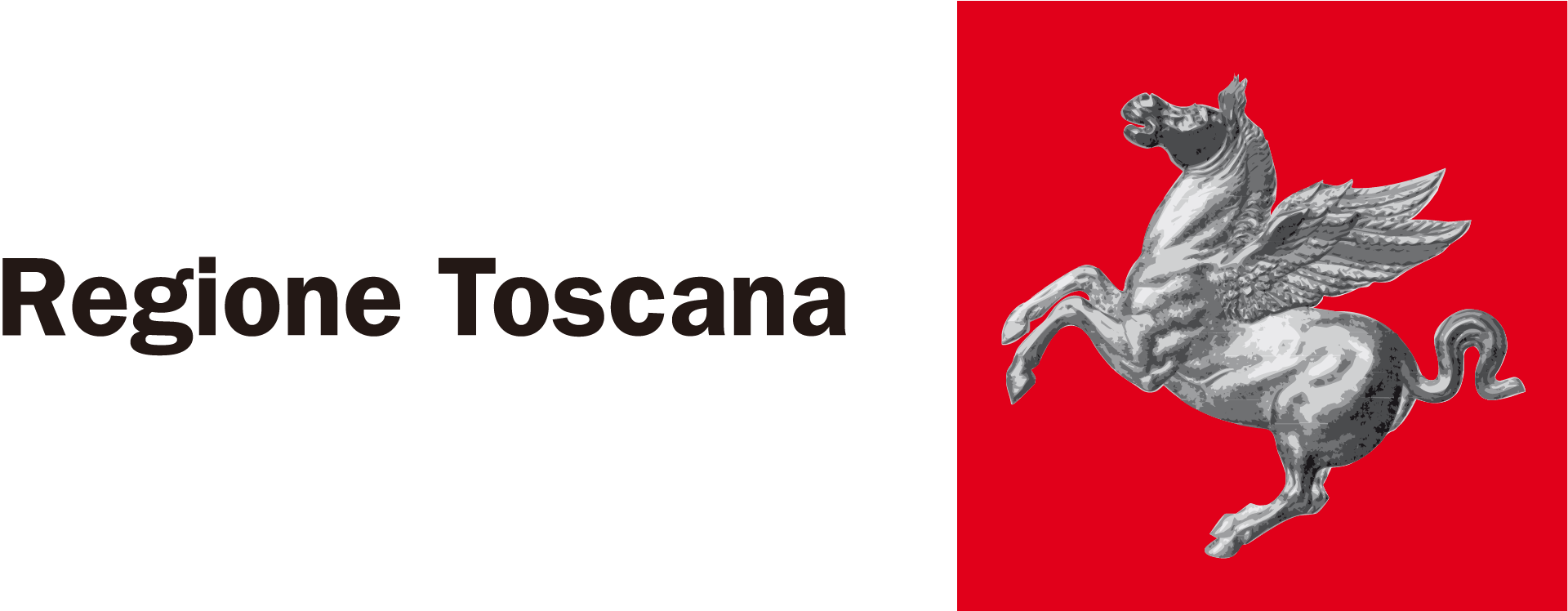The supply of public utilities and social insurance, which has been part of traditional national welfare, is today subject to wide reconsideration. The pressures – first financial, then political – from the international community to consolidate public accounts, as well as Italian politics’ need to restore reputation are among the main factors accelerating the restructuring of the public sector, a process long recommended by political programmes.
The principles are gaining ground of a new, less comprehensive and more selective welfare model, a more regulatory and less State-run economy, and a widespread criterion of counter-compensations and local fiscal responsibility. At the same time, however, citizens and firms are not only burdened by the crisis, but must also confront with increasing fiscal pressure and lower social protection from public administration.
The present work analyses the impacts of government’s public spending measures in Tuscany and the reactions of local institutions aimed at safeguarding the traditional supply of services to citizens. It also examines the onset of municipal federalism with the introduction of a municipal property tax and other instruments of local fiscal autonomy. A wide space is devoted to the examination of public investment issues, such as the effects on payments of the Stability Pact, the real opportunities offered by public-private partnership funding, or the need to regain efficiency in the contract-awarding system.
Related publications:
– Public works: the impact of crisis on resource shortage and market efficiency
– The property tax levy
Autore: Coordinamento di Patrizia Lattarulo
Gruppo di lavoro: Chiara Agnoletti, Chiara Bocci, Enrico Conti, Claudia Ferretti, Leonardo Ghezzi, Giuseppe Gori, Sabrina Iommi, Letizia Ravagli, Stefano Rosignoli, Nicola Sciclone (Irpet); Giuseppe Ferraina (Anci Toscana); Paolo Chiades e Vanni Mengotto (Banca d’Italia, sede di Venezia); Agnese Casolaro e Alessandro Panaro (SRM-Studi e Ricerche per il Mezzogiorno)









